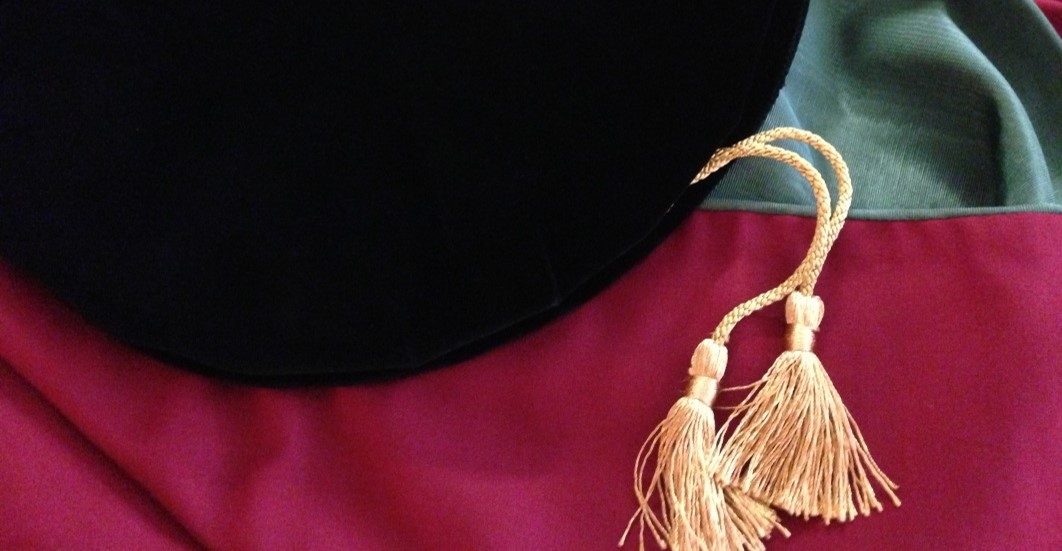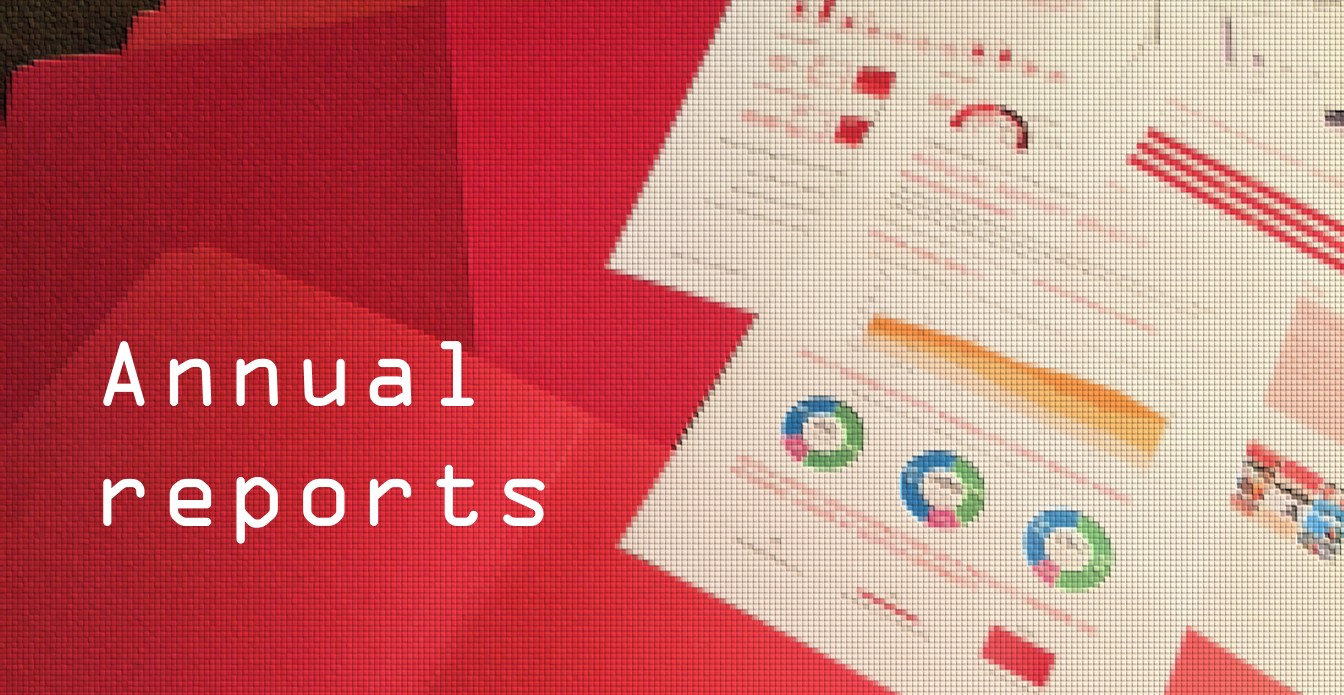About the Center
Find out about the center, its work, and the field of faculty development

What is faculty development?
Faculty Development - now more commonly called Educational Development in North America - is a sub-discipline of higher education research and practice. Our national organization, the POD Network, defines the field with these three quotes:
-
“helping colleges and universities function effectively as teaching and learning communities” (Felten, Kalish, Pingree, & Plank, 2007, p. 93)
-
actions “aimed at enhancing teaching” (Amundsen & Wilson, 2012, p. 90)
-
a “key lever for ensuring institutional quality and supporting institutional change” (Sorcinelli, Austin, Eddy & Beach, 2005, p. xi).
In other words, faculty development's focus is on improving the work of universities as learning organizations, driven by sound research and applied in contextually appropriate ways.
find out aboutOur work
of SU faculty
worked with us in 2022-23
sessions in 2022-23
25% learning and teaching, 13% research practice, 62% professional development
Individual and group consultations
62% learning and teaching; 8% research practice; 29% professional development
Meet the team
Strategic Planning Group
The Center for Faculty Development's Strategic Planning Group members meet quarterly to discuss strategic questions related to the Center's purview and how it can best support faculty.
2023–24 Strategic Planning Group members
PJ Alaimo | Chemistry, College of Science & Engineering
Joyce Allen | University Registrar
Rashmi Chordiya | Institute of Public Service, College of Arts & Sciences
David Green | Director, Center for Faculty Development / International Studies, College of Arts & Sciences
Colette Hoption | Associate Director for Faculty Professional Development, Center for Faculty Development / Management, Albers School of Business & Economics
Rachel Olson | Program Coordinator, Center for Faculty Development
Katherine Raichle | Associate Director for Learning & Teaching, Center for Faculty Development / Psychology, College of Arts & Sciences
Christina Roberts | English, College of Arts & Sciences
Andrea Verdan | Associate Director for Term Faculty, Center for Faculty Development / Chemistry, College of Science & Engineering
Lindsay Whitlow | Biology, College of Science & Engineering
Holistic professional formation Contact us
Center for Faculty Development
Loyola 216
/465x0:1435x1240/prod01/channel_34/media/seattle-university/center-for-faculty-development/Faculty-robes_1900X1240---2024.png)

/0x26:534x642/prod01/channel_34/media/seattle-university/directory/faculty-amp-staff-directory/images/artsci/David-Green-2024-05-534X667px.jpg)
/0x57:1200x1442/prod01/channel_34/media/seattle-university/directory/faculty-amp-staff-directory/images/albers/Colette-Hoption_c8X10_1200X1500.jpg)
/0x30:623x749/prod01/channel_34/media/seattle-university/directory/faculty-amp-staff-directory/images/centers/faculty-development/Therese-Huston_c8X10_.jpg)
/0x28:576x693/prod01/channel_34/media/seattle-university/directory/faculty-amp-staff-directory/images/placeholders/ProfileDefaultPics-Redhawk.png)
/0x176:3648x4385/prod01/channel_34/media/seattle-university/directory/faculty-amp-staff-directory/images/offices/Rachel-Olson.jpg)
/0x54:1123x1350/prod01/channel_34/media/seattle-university/directory/faculty-amp-staff-directory/images/artsci/RaichleKatherine-Large-c4X5-mw.jpg)
/0x62:1803x2142/prod01/channel_34/media/seattle-university/directory/faculty-amp-staff-directory/images/scieng/Verdan,-Andrea.jpg)